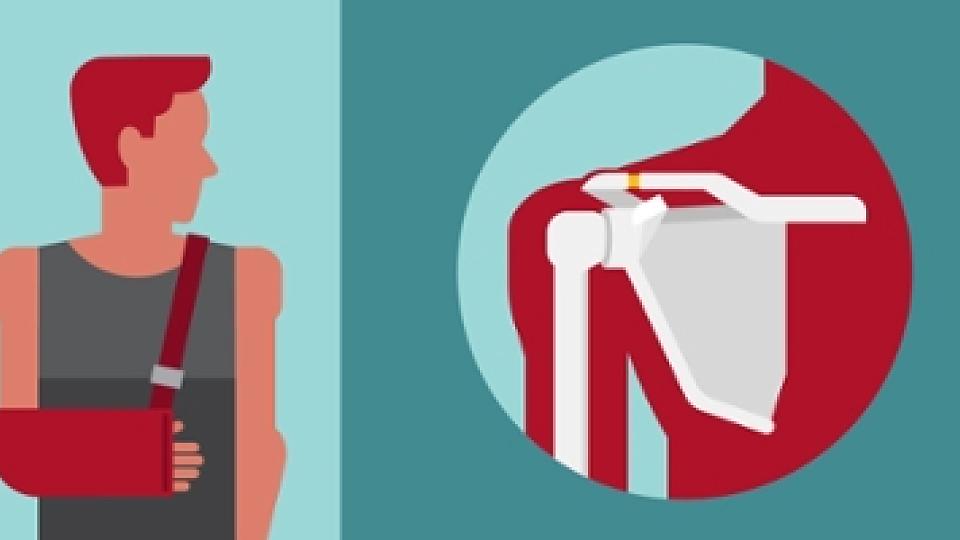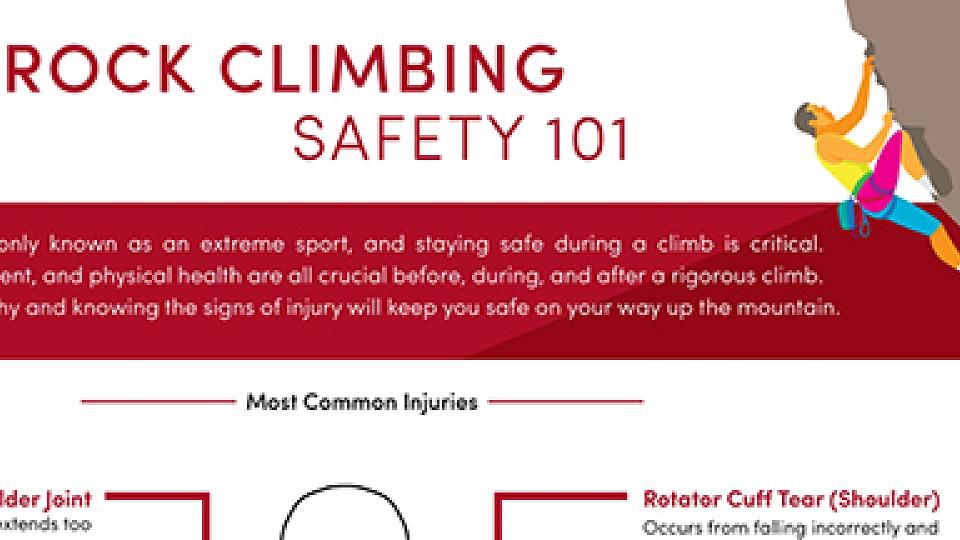Treatment for Shoulder Pain & Stiffness
Frozen shoulder, also called adhesive capsulitis, causes pain and stiffness in the shoulder. Over time, the shoulder becomes very hard to move. In frozen shoulder, the connective tissue that surrounds your shoulder joint (shoulder capsule) thickens and becomes tight. Stiff bands of tissue — called adhesions — develop. In many cases, there is also less synovial fluid in the joint (lubricating joint fluid).
Frozen shoulder occurs in about two percent of the general population. It most commonly affects people between the ages of 40 and 60, and occurs in women more often than men.
The hallmark sign of this condition is being unable to move your shoulder, either on your own or with the help of someone else.
Find a Shoulder Specialist
Stages of Frozen Shoulder
Frozen shoulder develops in three stages:
Freezing
In the freezing stage, you slowly have more and more pain. As the pain worsens, your shoulder loses range of motion. Freezing typically lasts from six weeks to nine months.
Frozen
The most painful symptoms may actually improve during this stage, but your shoulder will remain stiff. During this four to six months, performing daily activities may be very difficult.
Thawing
Your shoulder motion slowly improves during the thawing stage. Complete return to normal or close to normal strength and motion, however, typically takes from six months to two years.
Treatment for Frozen Shoulder
Frozen shoulder generally gets better over time. To treat frozen shoulder, we general focus on:
- controlling pain and
- restoring motion and strength.
We do this through physical therapy and injections.
More than 90 percent of patients improve with these relatively simple treatments. If your symptoms are not relieved by therapy and anti-inflammatory medicines, you and your doctor may discuss surgery.
Surgery for Frozen Shoulder
The goal of surgery for frozen shoulder is to stretch and release the stiffened joint capsule. The most common methods include manipulation under anesthesia and shoulder arthroscopy.
When to See an Orthopedic Doctor
If you're suffering from shoulder or elbow pain, you may not know when it's appropriate to seek out a specialist for pain relief. Learn how to spot the signs of severe or prolonged pain that can't be remedied at home.
Related Services
Throwing Clinic
The Throwing Clinic delivers physical therapy evaluations and helps athletes improve their flexibility, strength, and power.






